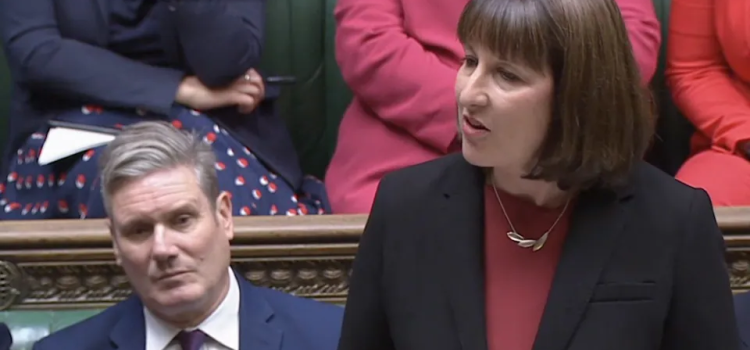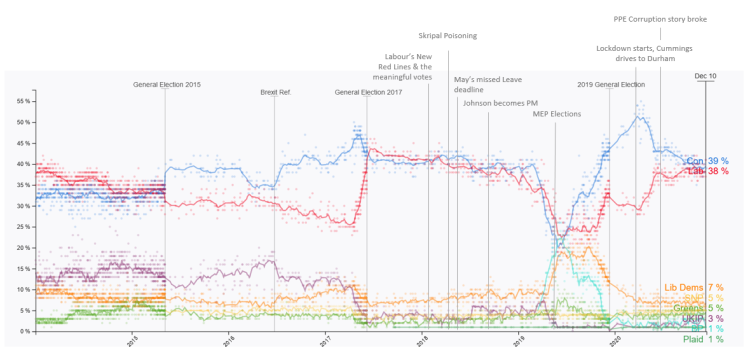It’s also true that without will, we can’t make things better and the Labour front bench’s, with their so-called Labour-to-win outriders, constant return to competence as a differentiator from this corrupt Tory government, their rejection of our core and even peripheral supporter’s interests and a lack of clear opposition to austerity using sound finance as an excuse will lead to a situation where a Labour Government, a Labour Government, will privatise hospitals, privatise schools, make higher education harder to enter for working class people, start the surveillance state, introduce workfare and fail its own people on regional policy, capping this sad litany off by supporting the US in an illegal war.
The front bench owe Labour’s member’s a duty to put a manifesto that is agreed by the Party; but their current vision is one of capture of the Party, funded by donors, with policy designed by psephologically informed experts and ‘clever’ people, appealing to voters and attempting to create an electoral coalition informed by ‘triangulation and jeopardising the loyalty of the young and ethnic minority voters.
Blair once famously said,
Let me make my position clear – I wouldn’t want to win from a traditional leftist platform. Even if I thought it was the route to victory, I wouldn’t take it.
Tony Blair
This is permission for everyone that disagrees with policy to say what they want.
What I want is a manifesto and front bench intent on building a better society not replacing the Tories with themselves; for some, it’s just about red boxes, ministerial salaries and government cars and asking us to be grateful that they’re not Tories because any Labour Government is better than a Tory Government. We need a manifesto that excites the membership and unions who’ll then defend the Government when they are blown of course by the powers of conservatism.
We should hope for and promise more!
I doubt that a Labour front bench will be as corrupt as Johnson, or as vacant as Truss, or as cruel as Osborne but this political strategy, can only fail. If the disgust with the Tories wasn’t as bad as it is, it’s questionable that Labour would win on a centrist and austerity platform and even if they do, the dangers of a Labour austerity government leading to a one term government looms large. All Labour Governments have failed because they forget who put them there. …



